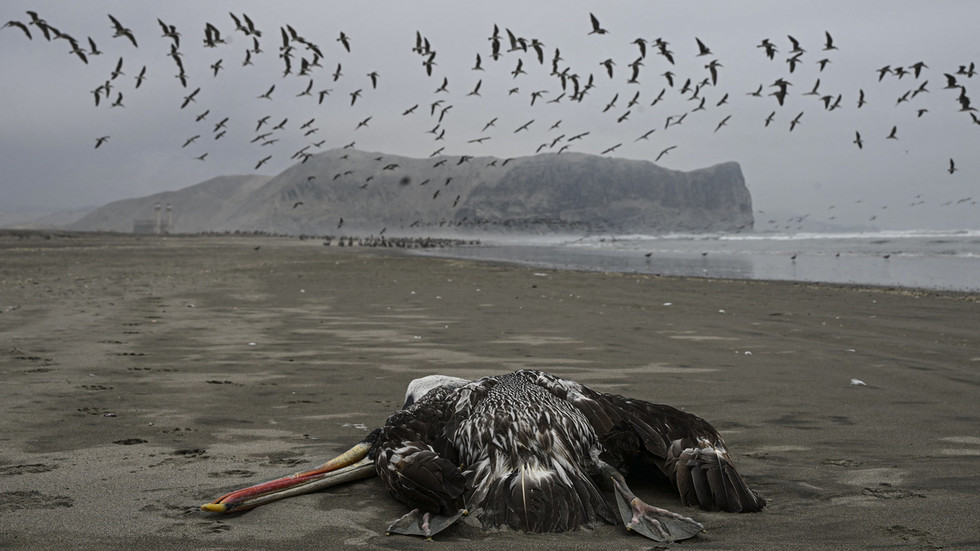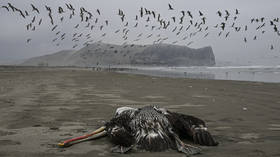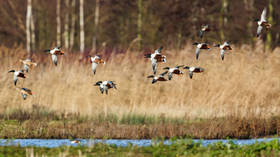
The global health watchdog described the situation as “worrying” as news spread of a girl dying in Cambodia after contracting the virus

FILE PHOTO. © Ernesto BENAVIDES / AFP
The World Health Organization (WHO) has issued a warning amid a recent uptick in cases of avian flu (H5N1) in Cambodia. Authorities in the Southeast Asian country recently reported that two individuals had contracted the disease, with one eventually succumbing to it.
Speaking to reporters during a virtual briefing on Friday, Dr Sylvie Briand, the WHO’s director of epidemic and pandemic preparedness and prevention, described the latest trends in the spread of the virus as “worrying.” She also said the organization was reviewing its global risk assessment.
“WHO takes the risk from this virus seriously and urges heightened vigilance from all countries,” the official noted.
According to Briand, apart from a growing number of cases in birds, a similar situation is being witnessed in mammals, including humans.
On Thursday, Cambodian authorities reported that an 11-year-old girl had died of bird flu, with her father also testing positive. Their contacts are currently being checked.

Commenting on the case, Briand pointed out that it is not yet clear whether there had actually been any human-to-human transmission or if the two individuals had contracted the virus simply due to their “exposure to the same environmental conditions,” that is, close contact with infected birds or other animals.
The WHO representative told journalists that the organization is in close contact with the Cambodian authorities for any updates.
While H5N1 has been around for more than two decades now, a new strain named clade 2.3.4.4b emerged in 2020, leading to record numbers of deaths among wild birds and domestic poultry alike in recent months.
The data gathered so far indicates that the novel subtype does not typically cause significant illness in humans. To date, the WHO knows of a mere half dozen cases, most of them mild.
Earlier this month, the organization ranked the risk posed to humans by H5N1 as low.
Nevertheless, the global health watchdog is ramping up its preparedness efforts already, noting that there are several antivirals available, as well as 20 licensed vaccines, should the situation deteriorate.
According to the WHO, a total of 868 cases of human infection involving various strains of avian flu were reported between January 2003 and January 2023, with 457 of those proving fatal.




